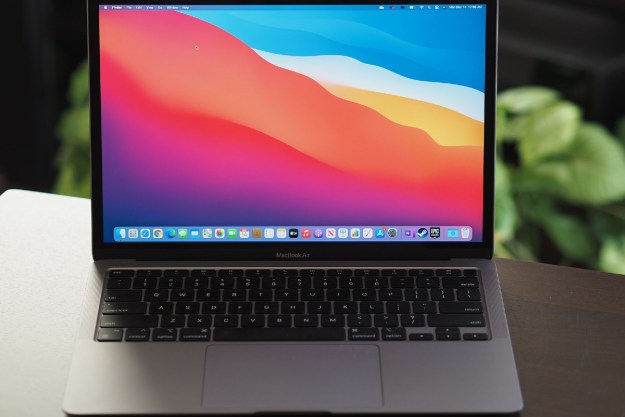InSite One will be combined with Dell’s existing Unified Clinical Archive solution. Together the products will help medical professional more easily store and share data.
Terms of the deal were not disclosed.
InSite One currently manages nearly 55 million clinical studies, more than 3.6 billion medical images and supports almost 800 clinical sites. It has become the preferred archiving platform for the diagnostic imaging industry.
Medical image data in North America is projected to grow more than 35 percent annually to reach nearly 2.6 million terabytes by 2014. With the growth there is increasing concern about how data will be stored, managed and shared.
“Our customers have told us that managing the growing demands of both digital images and patient records is one of their greatest concerns,” said James Coffin, Ph.D., vice president of Dell Healthcare and Life Sciences. “We are dramatically simplifying archiving and retention of clinical data, both medical images and electronic medical records. This will allow our customers to improve care and support medical innovation through the efficient use of IT, and we’re doing it in a way that actually simplifies access to the information when it’s needed by clinicians.”
InSite One will give Dell a storage-as-a-service platform to archive digital content for companies in other industries on a subscription or pay-as-you-go basis. Dell’s aims to provide a solution that will both reduce complexity and cost of storage and data management.
“As the first company to bring cloud technology to the medical archive space, InSite One will help Dell’s healthcare customers take advantage of the economics and scalability of the cloud for medical archiving and retention,” said Berk Smith, vice president of Dell Healthcare and Life Sciences Services. “And looking beyond archiving, the cloud will also be a valuable tool for information exchange which is foundational to the transformation of healthcare.”
Editors' Recommendations
- The Dell XPS 13 has dropped to one of its lowest prices
- This Dell all-in-one PC just dropped to its best price of the year


